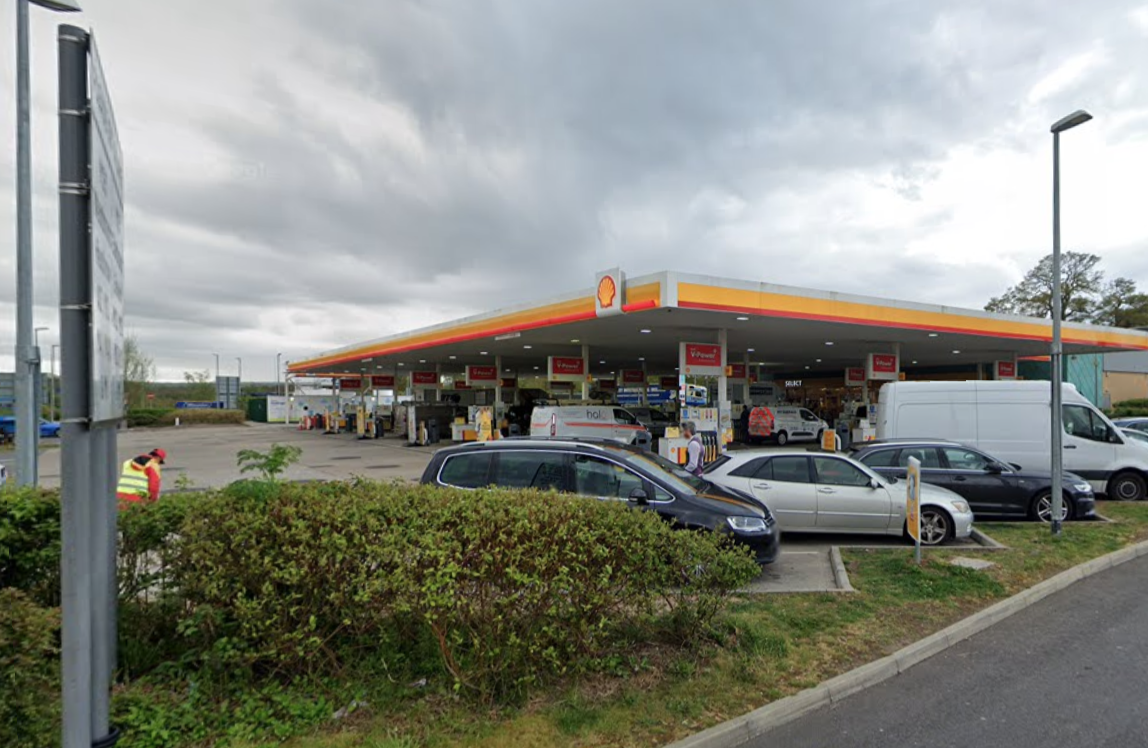- Friday, June 13, 2025
- Stay Connected
 Abraham Lincoln
If given the truth, the people can be depended upon to meet any national crisis...
Abraham Lincoln
If given the truth, the people can be depended upon to meet any national crisis...
 Guildford news...
for Guildford people, brought to you by Guildford reporters - Guildford's own news service
Guildford news...
for Guildford people, brought to you by Guildford reporters - Guildford's own news service
Surrey Police See a ‘Willingness to Be Arrested’ in Recent Protests
Published on: 27 May, 2022
Updated on: 27 May, 2022
By Emily Coady-Stemp
local democracy reporter
A “willingness to be arrested” is leading to more direct action protests by groups such as Insulate Britain and Just Stop Oil taking place in the county, according to Surrey Police.
The rise in these protests signals a move away from the peaceful protests involving “people by the sides of roundabouts with placards” previously seen in the Surrey.
Superintendent Graham Barnett, who was the gold commander for the Just Stop Oil protests last month in which people glued themselves to petrol pumps at services on the M25, spoke at a media briefing on Tuesday (May 24).
He said Surrey “thankfully hasn’t historically been a centre for protest”, and where there has been, it hasn’t been of the direct action type protests that have taken place recently.
He said under human rights legislation, people have a right to protest and the force would facilitate that if there was no disruption to the wider community.
Supt Barnett added: “What we’re used to in Surrey is protest at the side of a roundabout, protest with placards, those peaceful protests.
“Our approach to those is largely very tolerant, a very facilitative approach.”
He said he would expect this type of protest to continue, where the force can engage with those involved.
But he said the direct action protests had a “real impact” and were “very well planned”.
Saying he made it “very clear” to his teams from the outset that all individuals at Just Stop Oil action would be arrested and taken through the judicial system “if possible”, Supt Barnett said he expected the risk of these types of protests to be ongoing.
He added: “I think there’s a willingness to be arrested now. I honestly don’t understand why that is, but that’s me being a police officer.
“So I wouldn’t necessarily be expected to understand why someone would put themselves at that risk.”
Insulate Britain, the group calling on the government to tackle climate change, staged protests blocking the M25 in September and at the last estimate Surrey Police said the figure for work on the protests was more than £100,000.
Supt Barnett said of the protests on the M25 that a very quick response was needed to get people off the road, and try to make sure tailbacks didn’t cause accidents further along the motorway.
He added: “The speed of our response there is paramount to get our officers into a position where they can safely – and safely is a really key word on a fast road like the M25 – get on to that motorway, clear it and get the traffic moving again.
“And of course bring those people to justice for any offences they commit.”
But he said the protests at petrol stations allowed officers more time to talk to the businesses involved, to get CCTV and to engage with the protesters, because there was not the “same aspect of immediate danger”.
He added that 35 people had been arrested on the day of the protests and 13 had been charged with investigations ongoing.
Engaging with protesters on the day, he said, allowed police “to ensure that the protesters are in absolutely no doubt that what they’re doing is wrong and what is going to happen to them, and ultimately they’ll be arrested.”
And, he said, the extra powers given to the police in the controversial Police, Crime, Sentencing and Court Act, given Royal assent on April 28, would not have been necessary to deal with the recent protests.















Stuart Barnes
May 27, 2022 at 3:02 pm
We don’t want the police to be “tolerant”, we just want the intolerant people removed.